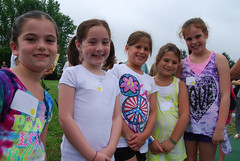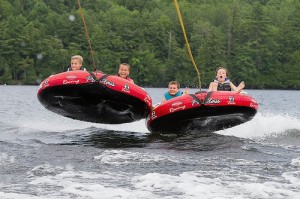 Almost every camper will name the Camp Laurel Waterfront as one of the best parts of camp. Camp Laurel is situated on a crystal-clear, spring-fed lake…measuring 9 miles around. Yes – 9 miles!!
Almost every camper will name the Camp Laurel Waterfront as one of the best parts of camp. Camp Laurel is situated on a crystal-clear, spring-fed lake…measuring 9 miles around. Yes – 9 miles!!
The Camp Laurel waterfront plays a crucial role during the summer, not only as a place for swimming, sailing, kayaking, waterskiing, crew, fishing, bumper-tubing, and snorkeling, but as a gathering place and perfect backdrop for special event and outdoor evening activities. Learning to swim at camp is a rite of passage. Perfecting swim skills provides a great foundation for building camp memories of sunny days spent at the waterfront.
Of course, there are the much acclaimed physical and mental benefits of learning to swim that we 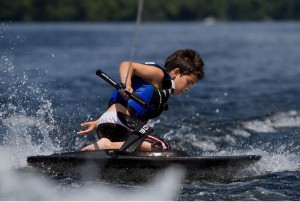 all know. It’s a great low impact exercise suitable for almost everyone, which makes it an ideal part of a regular fitness regime. It’s also not age-restrictive. Rather, it’s an activity that can be enjoyed for a lifetime. The fact that muscle strength is also greatly improved as a result of pushing oneself through the water goes without saying.
all know. It’s a great low impact exercise suitable for almost everyone, which makes it an ideal part of a regular fitness regime. It’s also not age-restrictive. Rather, it’s an activity that can be enjoyed for a lifetime. The fact that muscle strength is also greatly improved as a result of pushing oneself through the water goes without saying.
Swimming also improves coordination and emotional well being. The relaxing atmosphere of a hard-bottom lake provides the perfect setting for children to let down their guard and enjoy the type of casual conversation that builds and strengthens friendships. When combined with the sheer fun of the activity, it’s the perfect setting for building memories.
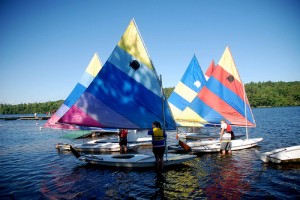 Camp waterfront locations are extremely active and full of almost endless possibilities for camper experiences. Camp Laurel has more than 60 boats: Mastercrafts Pro Start 197 Championship Ski Boats, Hobie Cats, Sunfish, Lasers, Fishing Pontoon Boats, Canoes, Kayaks, and more! The waterfront staff is well-trained with certified lifeguards who complete an extensive and rigorous training program prior to the start of camp.
Camp waterfront locations are extremely active and full of almost endless possibilities for camper experiences. Camp Laurel has more than 60 boats: Mastercrafts Pro Start 197 Championship Ski Boats, Hobie Cats, Sunfish, Lasers, Fishing Pontoon Boats, Canoes, Kayaks, and more! The waterfront staff is well-trained with certified lifeguards who complete an extensive and rigorous training program prior to the start of camp.
Camps also incorporate their waterfront areas into their special event planning. Water games and pirate-themed treasure hunts are just a couple of ways that water play is used creatively in camp programs.
Swimming at camp takes on a new level of excitement when included in camp activities such as 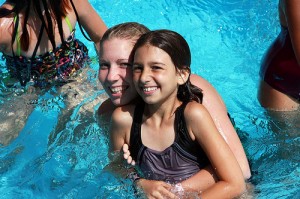 decathlons, apache relays and Spirit Days or College Days –that give campers the opportunity to use their swimming skills to rise to a challenge. Camp Laurel swimmers also compete in swim meets through inter-camp leagues. Whether racing against other campers or a time clock, being able to apply their swimming instruction in an engaging way and seeing firsthand how they’ve improved has been a moment of pride for many a camper.
decathlons, apache relays and Spirit Days or College Days –that give campers the opportunity to use their swimming skills to rise to a challenge. Camp Laurel swimmers also compete in swim meets through inter-camp leagues. Whether racing against other campers or a time clock, being able to apply their swimming instruction in an engaging way and seeing firsthand how they’ve improved has been a moment of pride for many a camper.
And don’t forget about the famous Maine Lakes Cup – a 14 camp sailing regatta which started at Camp Laurel and is hosted by the winning camp each summer.
So the next time your child regales you with tales of the waterfront at his or her summer camp, remember that it’s not just summer memories that they’re gaining from their swimming experiences, but lifelong skills.


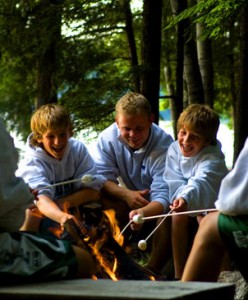
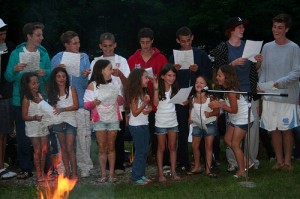
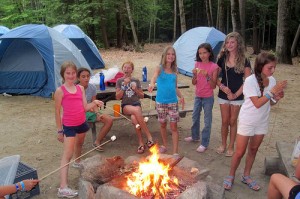
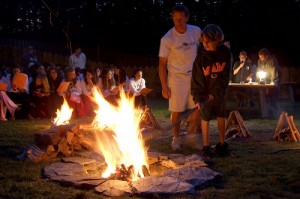
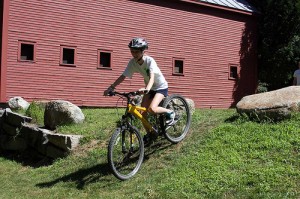
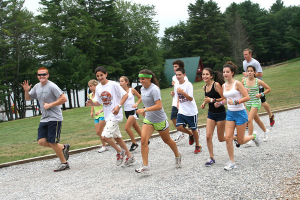
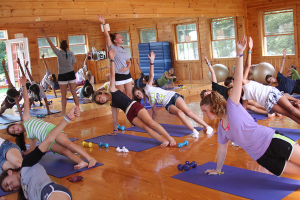
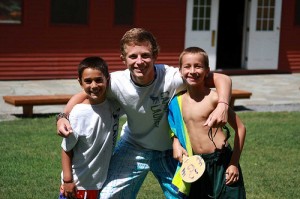
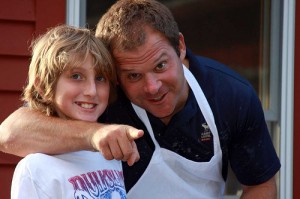
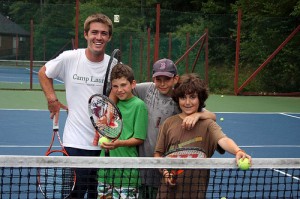
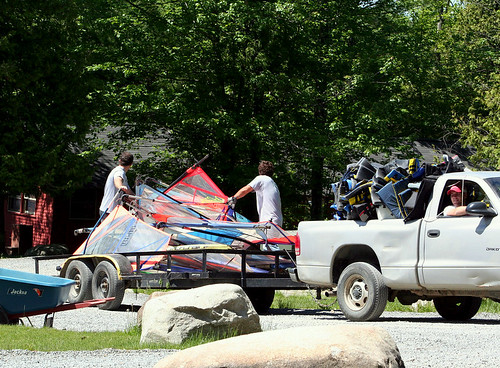
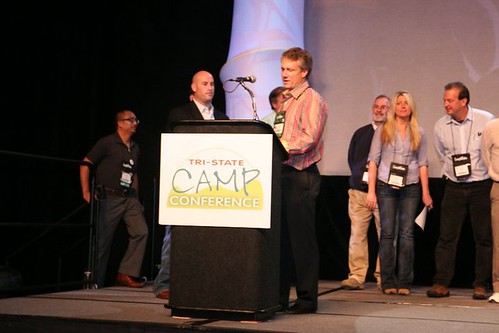
 When I think about “camp songs,” I immediately think about singing around campfires, but each year at camp also has a distinct popular music soundtrack. Recently, campers weighed in on Twitter about the tunes that remind them of past summers and that got me thinking about what the United States and camp was like in the 1960s and 1970s.
When I think about “camp songs,” I immediately think about singing around campfires, but each year at camp also has a distinct popular music soundtrack. Recently, campers weighed in on Twitter about the tunes that remind them of past summers and that got me thinking about what the United States and camp was like in the 1960s and 1970s.
